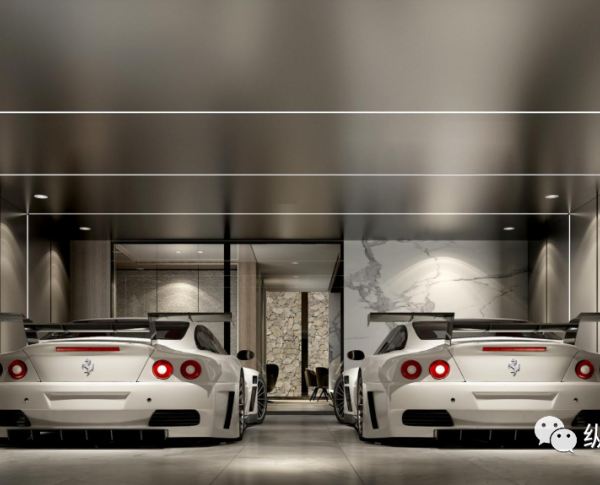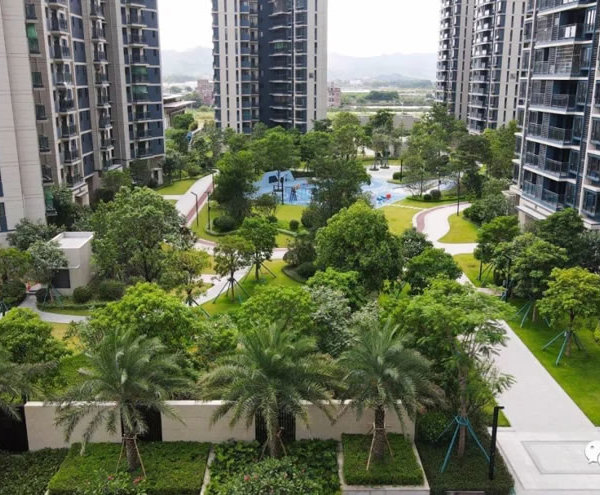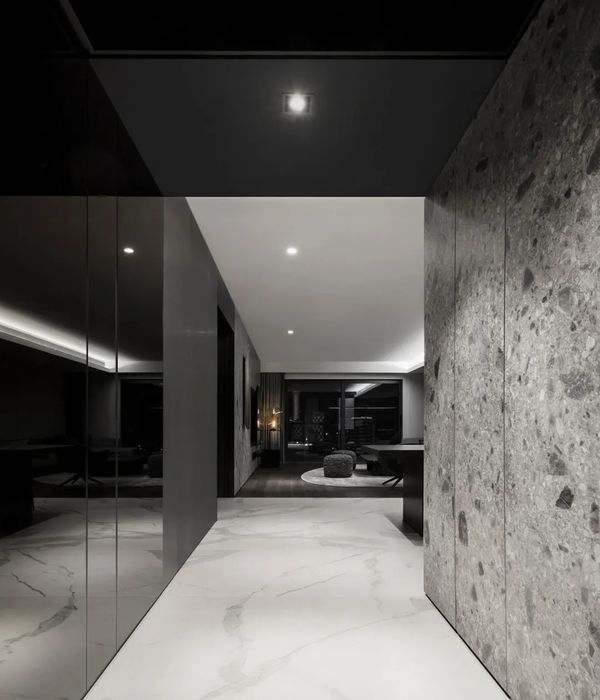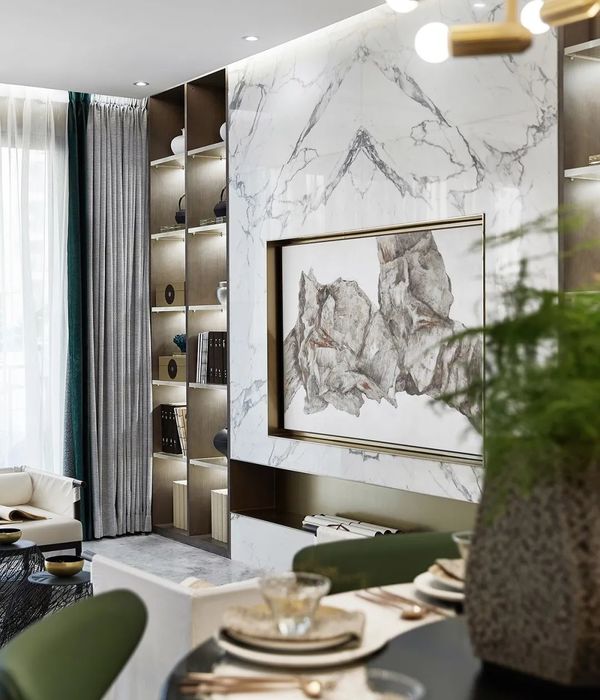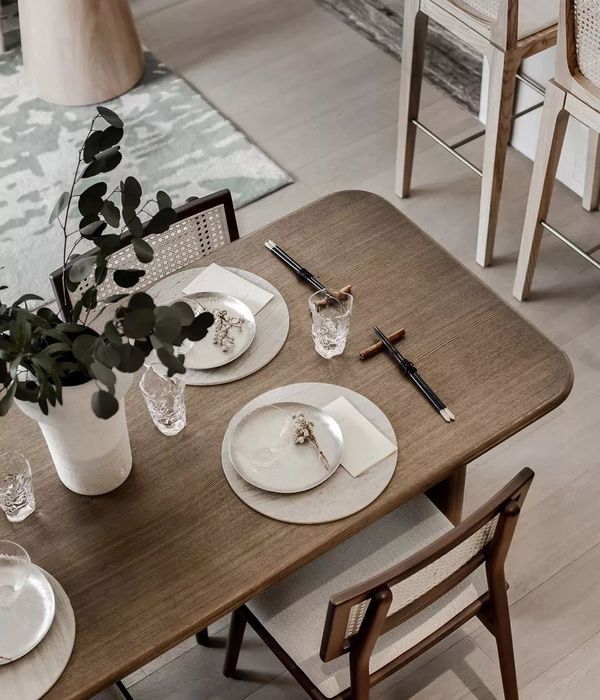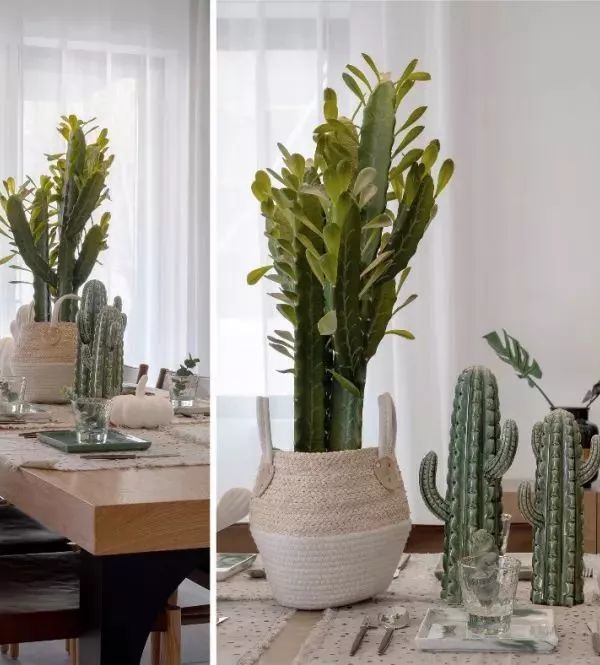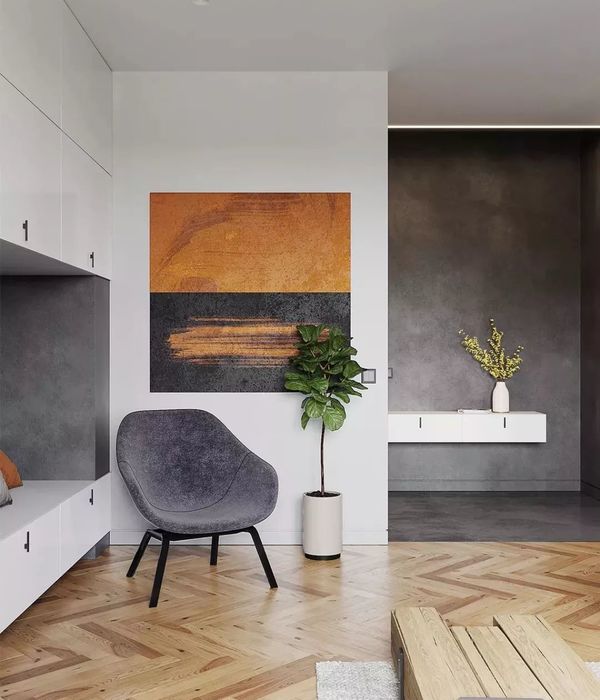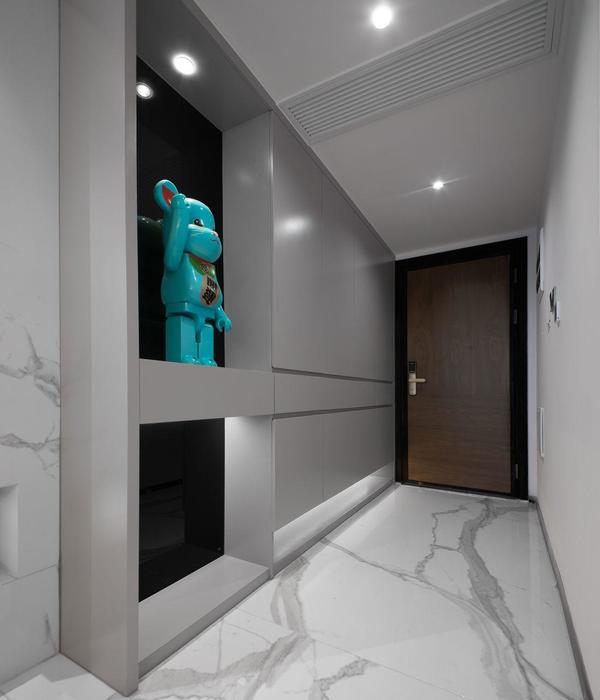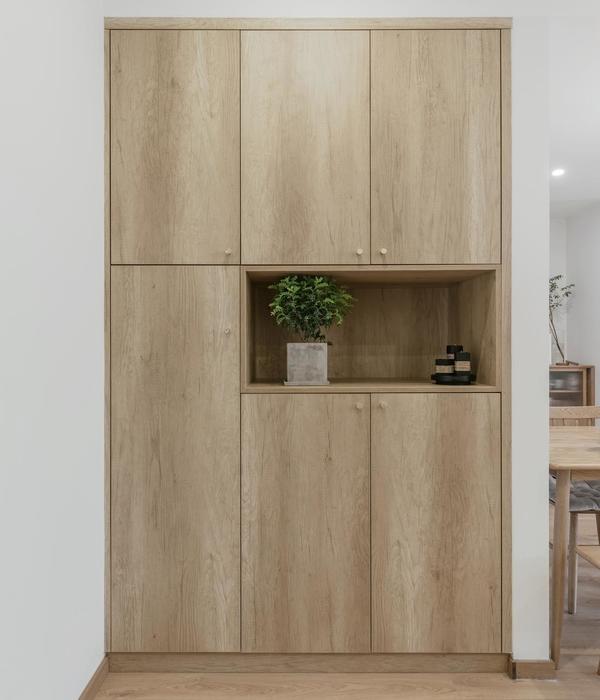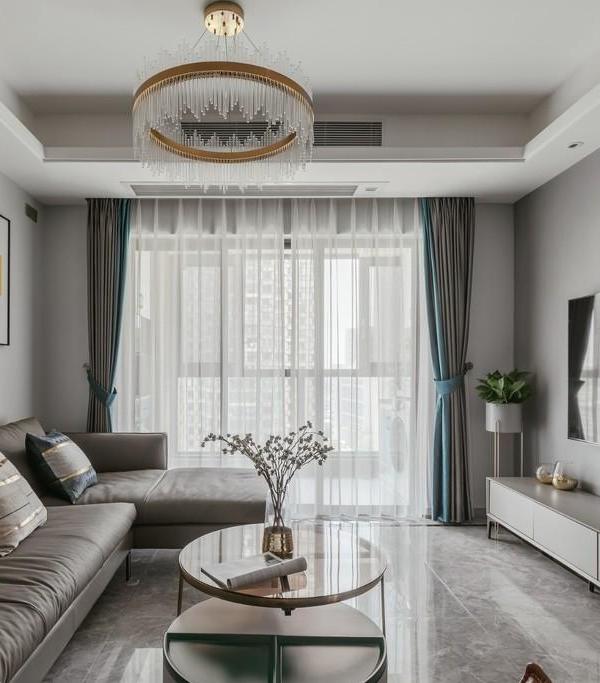The Concept. Remodeling an old Winery in a state of ruin, known as Casal da Vinha Grande, overlooking the Aldeia Galega da Merceana, adapting it to a housing unit ideal for wine tourism.
An organic wine production farm inspired the design of the intervention, which was also conceived in a logic of coherence and respect for nature. The design focus was to maintain the image of harmony and reference of the existing construction, set on a promontory, evidenced by the dirt track leading visually and physically to the entrance door.
The Project of the winery. Recovering the old winery, keeping its original outstanding image, providing it with living conditions to host social spaces, a large reception, living and dining room and hidden behind the existing concrete wine deposits, a kitchen, and a social bathroom.
To respect the memories of the pre-existing buildings, keeping the wine deposits, the winepress, the concrete floor, and all the structural elements of the wooden roof trusses. The façades are occasionally torn apart, with large openings facing east and west over the vineyard, protected on the inside by natural oil-treated pine shutters, maintaining the raw appearance of the material. The existing chimney welcomes and decides the placement of the huge fireplace designed in the living area.
On the existing walls, an external insulation system, ETICS, made of black cork agglomerate and white hydraulic lime mortar, assures the necessary thermal comfort while respecting the original aesthetics of the existing construction.
The wooden support structure of the existing roof is maintained and recovered, respecting its aesthetic value, but its constructive detail is redefined with the laying of a pine lining, the support base for the new thermal and watertight insulation, and for the recycled roof tile.
of the rooms. Housing the bedrooms, the extension building is located at a lower level, semi-buried. It hides and moves away from the winery, respecting and preserving its role as a reference on the hillside.
It rises up to the level of the vineyard, like a heavy grey stone from the region, sculpted to ensure the opening of the staircase, the shape of the pool and the deep voids in the rooms' openings.
Contemplation balconies, facing south over the hillside and the vineyard, guarantee privacy and sun protection during the summer period and hide a vertical, narrow opening that illuminates and ventilates the bathroom. An endless swimming pool carved out of the stone block roof, mirrors the whole landscape, and encloses the volume to the east.
of the tunnel. An underground tunnel in exposed natural concrete, with a fluid and organic design, connects the buildings evoking the wine theme. An enclosed pathway, in silence though with resonance, obscure, though spotlighted by a circular skylight of poetic irradiation. A quiet moment of reflection in the passageway from the social area to the interior spaces.
of the outdoor spaces. Enhancing the ‘strength’ of the vineyard, as a landscape that changes so much throughout the year, the access route has been kept in its original drawing. It is only structurally reinforced, always guaranteeing the circulation of vehicles, even under adverse conditions.
A vehicle parking area is defined, away from the construction and taking advantage of a slight depression in the land, hidden by vegetation. A path around the winery is laid out in stabilized gravel, organic and fluid, circulating between large Mediterranean trees and aromatic plants.
Facing north, with access from the kitchen, there is a threshing floor, a barbecue area for mingling, associated with wine tasting with a light steel shading structure. A trellis vine that consolidates the growth of the vineyard.
▼项目更多图片
{{item.text_origin}}

